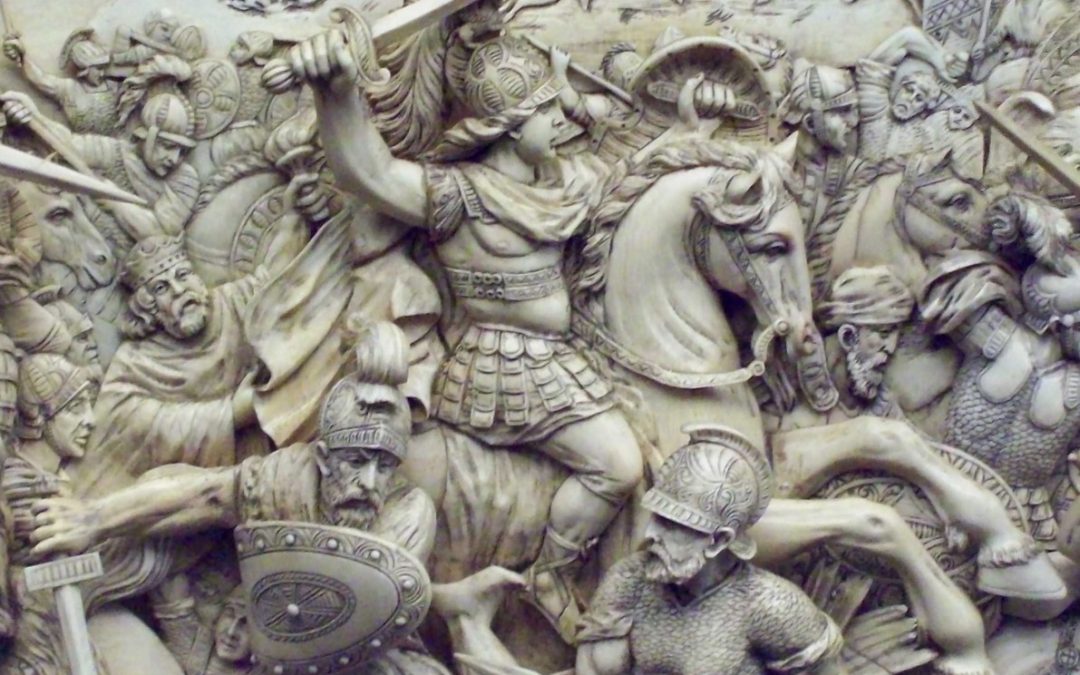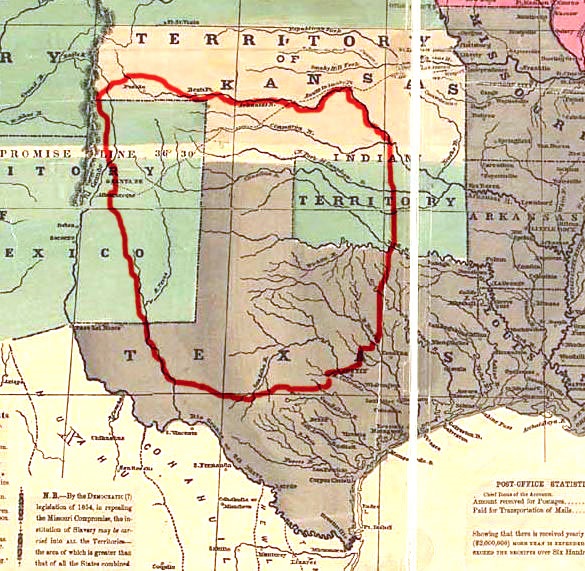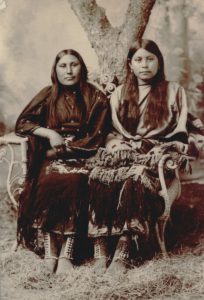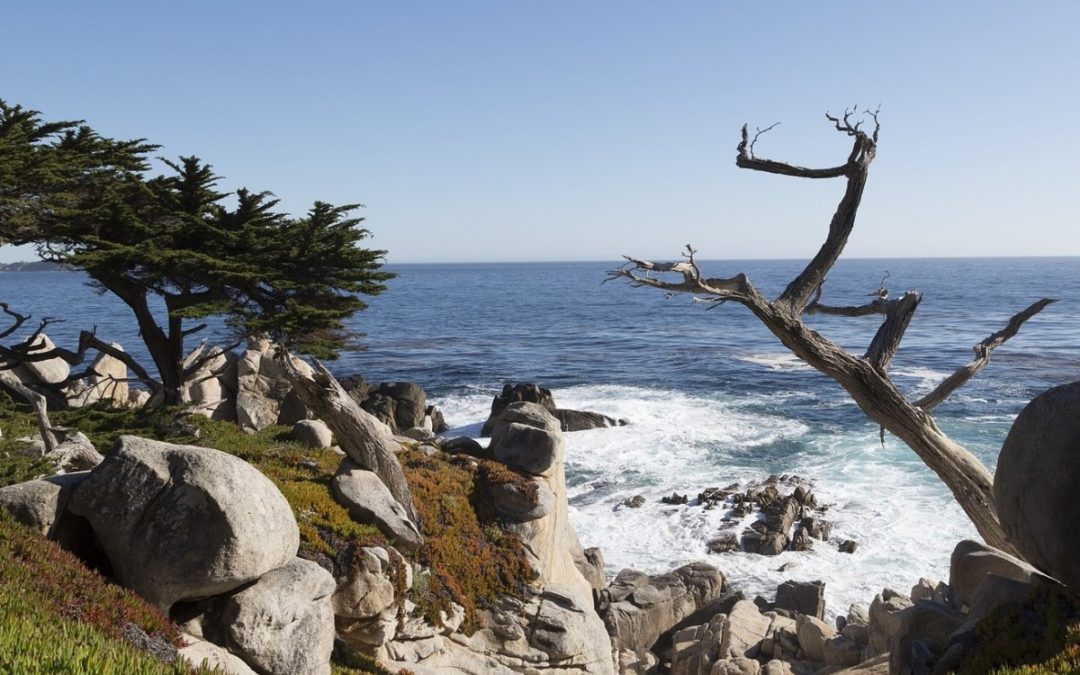
by Richard Subber | Mar 30, 2019 | American history, Book reviews, Books, History, World history
No, the “Great Man” theory won’t scour…
Book review:
The End of Greatness:
Why American Can’t Have
(and Doesn’t Want) Another Great President
by Aaron David Miller (b1949)
Palgrave Macmillan, New York, 2014
280 pages
First things first: Miller’s title sets him up for failure. It defies even the murkiest conception of common sense to argue that Americans don’t want a great president. I hazard the guess that it’s impossible to define “great president” in a way that would satisfy most readers.
More substantially, The End of Greatness isn’t a worthwhile read for me because, right up front, Miller acknowledges his endorsement of the “Great Man” theory of historical understanding that was championed initially in the 1840s by the Scottish writer Thomas Carlyle. The theory is often cited but it has only quite diminished standing today, as most historians and informed thinkers believe that durable circumstances and the complex dynamics of human interaction have much more impact than “Great Men” on our lives and on history as it unfolds. So, Miller gets started on the wrong foot, and his arguments can’t overcome the narrowness of his analysis.
“Where are the giants of old, the transformers who changed the world and left great legacies?” Where are the leaders who “will author some incomparable, unparalleled, and ennobling achievement at home or on the world stage, an achievement likely to be seen or remembered as great or transformational?” Miller cites rebellions and revolutions as “crucibles for emerging leaders.”
He can’t escape defining “greatness” and offers: “defined generally as incomparable and unparalleled achievement that is nation- or even world-altering.” A couple pages later he digs the hole deeper when he equates greatness with military, political, economic and “soft” power. Incredibly, Miller declares “Greatness in the presidency may be rare, but it is both real and measurable,” and he temptingly alludes to “traces of greatness” in several contemporary presidents, while arguing “Greatness in the presidency is too rare to be relevant in our modern times.”
Miller makes it official on page 10: Lincoln was one of the great presidents. Lincoln once dismissed another man’s argument by saying “it won’t scour,” as 19th century farmers said that a plow “won’t scour” when it failed to easily let the clods slide off the plowshare.
I think Miller’s thesis won’t scour. He mistakenly asserts that a few great leaders should get much of the credit for history’s “transformations.” He frames his arguments with words that can’t be acceptably, explicitly defined on the grand historical scale that he uses: what is and what isn’t, specifically and unarguably, a “great legacy”? a “transformation”? an “unparalleled achievement”? a “trace of greatness”?
The End of Greatness relies on great big categories and a deceptive positive spin to discuss a little idea, and to make a gratuitous point that really can’t be proved or disproved.
Full disclosure: I didn’t read the whole book. The Introduction stopped me cold.
* * * * * *
Book review. Copyright © Richard Carl Subber 2019 All rights reserved.
We Were Soldiers Once…and Young
…too much death (book review)
Lt. Gen. Harold G. Moore (ret.)
and Joseph L. Galloway
–
My first name was rain: A dreamery of poems with 53 free verse and haiku poems,
and the rest of my poetry books are for sale on Amazon (paperback and Kindle)
and free in Kindle Unlimited, search Amazon for “Richard Carl Subber”
* * * * * *

by Richard Subber | Feb 20, 2019 | Language, Poetry, Reviews of other poets
utterly imaginable…
Robert Frost (1874-1963) is an endlessly interesting poet. His poems are lucid, re-readable, utterly imaginable, recitable, and literate, always scaled to humanity.
A bonus for readers is that Frost sprinkled heart-stopping phrases throughout his poems, for mere poets to remark. I’m always on the lookout for words, phrases, and images that turn my head around and make me say “I wish I had written that.”
Try this one:
“Why make so much of fragmentary blue/
In here and there a bird, or butterfly…”
As you can see, one thing a noteworthy poet like Frost does is this: talk in depth and with a few choice words about the everyday things that momentarily catch one’s eye, or make a toe tap…
Right now, “fragmentary blue” is my favorite color, I can see it, I think I’ll try to write it…
Here is Frost’s complete treatise on it:
Fragmentary Blue
Why make so much of fragmentary blue
In here and there a bird, or butterfly,
Or flower, or wearing-stone, or open eye,
When heaven presents in sheets the solid hue?
Since earth is earth, perhaps, not heaven (as yet)—
Though some savants make earth include the sky;
And blue so far above us comes so high,
It only gives our wish for blue a whet.
Robert Frost’s “Fragmentary Blue” was published in 1923. It is in the public domain.
* * * * * *
Copyright © Richard Carl Subber 2019 All rights reserved.
Book review: Shawshank Redemption
A world I do not want to know…
by Stephen King
In other words: Poems for your eyes and ears with 64 free verse and haiku poems,
and the rest of my poetry books are for sale on Amazon (paperback and Kindle)
and free in Kindle Unlimited, search Amazon for “Richard Carl Subber”
* * * * * *

by Richard Subber | Jan 28, 2019 | American history, Book reviews, Books, History
“…conquerors who saw themselves
more as guardians…”
Book review:
The Comanche Empire
by Pekka Hämäläinen
New Haven: Yale University Press, 2008.
This book will change your mind about how the West was won.
Hint: The Comanches got there first.
The Comanches arrived obscurely in the American Southwest in 1706. The Comanche Empire provocatively makes the case that the Comanches created an imposing Southwestern American empire that spanned 150 years. They blunted the 18th century colonial ambitions of the Spanish in Mexico and the French in Louisiana, and stalled the westward thrust of Americans and the U.S. government until the middle of the 19th century. A broad coalition of Comanche rancheria chiefs throughout the territory of Comancheria first dominated the Apaches, eventually turned against their Ute allies, and commercially or militarily subjugated numerous lesser tribes.
Comanches managed a succession of peace treaties and conflicts with the Spaniards and completely blocked their repeated efforts to extend colonial settlements northward from Mexico. The political, commercial and military supremacy of the Comanches was based principally on their success in adopting and adapting Spanish horses for efficient transportation, military power, and a thriving and lucrative trade in horses throughout the Southwest.
Hämäläinen‘s central argument invites—indeed it obviously provokes—a reasonable dispute about the credibility of his claim for a Comanche empire. Clearly, in classical political or geopolitical usage, the claim is untenable, at least in part; the Comanche empire had neither fixed borders, nor a single self-sustaining centralized supreme authority, nor a durable bureaucracy, nor a definitive political structure.
 Nevertheless, the Comanches had a respected, recurring broadly representative council of chiefs that planned and organized extensive raids, trading and other commerce, and military operations. Their hunting, pasturing, and trading territories had indistinct geographic borders that were never surveyed or adjudicated; Comanches never sought to occupy and permanently control any specifically delineated territory. In The Comanche Empire, Hämäläinen says they were “conquerors who saw themselves more as guardians than governors of the land and its bounties.” Nonetheless, the geographical extent of the their domains was well known, respected and enforced by the Comanches.
Nevertheless, the Comanches had a respected, recurring broadly representative council of chiefs that planned and organized extensive raids, trading and other commerce, and military operations. Their hunting, pasturing, and trading territories had indistinct geographic borders that were never surveyed or adjudicated; Comanches never sought to occupy and permanently control any specifically delineated territory. In The Comanche Empire, Hämäläinen says they were “conquerors who saw themselves more as guardians than governors of the land and its bounties.” Nonetheless, the geographical extent of the their domains was well known, respected and enforced by the Comanches.
Each Comanche rancheria had its own geographic territory, rigorous socio-military culture and hierarchical organization. The situational circumstances of Comanche military superiority, their control of trade and their ability through the decades to repeatedly impose and maintain obviously favorable terms in their treaty and trade agreements are undeniable evidence of the Comanches’ extended dominance of terrain, physical resources, culture and commerce, and, not least in importance, the Spanish and French colonial enterprises that sought to compete with them.
For decades the Comanches set the terms of their success; no competing power could defeat them, and no Indians or Europeans could evade the Comanches’ dominance in their domain.
It becomes obvious: the Comanches created a de facto empire.
Ultimately, they were marginalized by a combination of drought that constrained their bison hunting and weakened their pastoral horse culture, disruption of trade that limited their access to essential carbohydrate foodstuffs, epidemic disease that repeatedly thinned the Comanche populations, predatory bison hunting by the Americans in the early 1870s that wiped out the Indians’ essential food resource, and, finally, by the irresistible tide of U.S. government-sponsored westward migration that pushed American citizens into Comanche territory.
Too bad the Comanches left no accounts of their own. It would be fascinating to hear this story in their own words.
* * * * * *
Book review. Copyright © Richard Carl Subber 2019 All rights reserved.
Up for the counting
…he picks up the rhythm…(a poem)
“Numerology”
click here
Above all: Poems of dawn and more with 73 free verse poems,
and the rest of my poetry books are for sale on Amazon (paperback and Kindle)
and free in Kindle Unlimited, search Amazon for “Richard Carl Subber”
* * * * * *

by Richard Subber | Jan 26, 2019 | Tidbits
it’s just a movie, but…
Movie review:
Same Time, Next Year
starring Alan Alda and Ellen Burstyn
Universal Studios, 1978
Love is grand, of course.
Well, almost all the time.
“If you can’t be with the one you love, love the one you’re with” was the way Stephen Stills wrote the song in 1970.
This is an unmysterious film. George (Alda) and Doris (Burstyn) are attractive, clean-cut, smart, sentimental, successful grown-ups who love their spouses and their kids. While each is traveling alone, they meet accidentally, they unintentionally experience a one-night stand, and they decide to get together once a year for idyllic adultery, for the next 26 years.
Hey, it can happen, right?
The script includes some adult situations (like Doris having a baby in their room at the inn) and a couple almost self-conscious blippable dalliances with the F-bomb—all quite thrilling on-screen non-PC moments in 1978.
Same Time, Next Year is a see-through movie. Mostly, the script is predictable and heartwarming. The set is minimalist—almost all of the action occurs in the room at the inn. The gritty plot highlights are all too imaginable.
I like Same Time, Next Year, but I say that with reservation. I’m not a big fan of adultery, no matter how all-American it seems when George and Doris do it.
* * * * * *
Movie review. Copyright © Richard Carl Subber 2019 All rights reserved.
A poet is a “maker”
…and it doesn’t have to rhyme…
click here
–
Book review: Shawshank Redemption
A world I do not want to know…
by Stephen King
click here
–
Above all: Poems of dawn and more with 73 free verse poems,
and the rest of my poetry books are for sale on Amazon (paperback and Kindle)
and free in Kindle Unlimited, search Amazon for “Richard Carl Subber”
* * * * * *

by Richard Subber | Jan 20, 2019 | Poetry, Reviews of other poets, Tidbits
A poet all her life, of her life…
Mary Jane Oliver (1935-2019)
R. I. P.
American poet extraordinaire…
…she kept looking for the right words
Mary Oliver shared so much of her being, in compelling, provocatively calming ways.
Mary Oliver invited me to understand the goodness of sitting quietly at the edge of a pond, seeing and hearing its life, feeling connected to our world.
Mary Oliver made much of her “one wild and precious life.”
Mary Jane Oliver, requiescat in pace.
[Selection is from Mary Oliver’s “The Summer Day”]
* * * * * *
Copyright © Richard Carl Subber 2019 All rights reserved.
Old Friends (book review)
Tracy Kidder tells truth about old age…
–
Writing Rainbows: Poems for Grown-Ups with 59 free verse and haiku poems,
and the rest of my poetry books are for sale on Amazon (paperback and Kindle)
and free in Kindle Unlimited, search Amazon for “Richard Carl Subber”
* * * * * *



 Nevertheless, the Comanches had a respected, recurring broadly representative council of chiefs that planned and organized extensive raids, trading and other commerce, and military operations. Their hunting, pasturing, and trading territories had indistinct geographic borders that were never surveyed or adjudicated; Comanches never sought to occupy and permanently control any specifically delineated territory. In The Comanche Empire,
Nevertheless, the Comanches had a respected, recurring broadly representative council of chiefs that planned and organized extensive raids, trading and other commerce, and military operations. Their hunting, pasturing, and trading territories had indistinct geographic borders that were never surveyed or adjudicated; Comanches never sought to occupy and permanently control any specifically delineated territory. In The Comanche Empire, 
